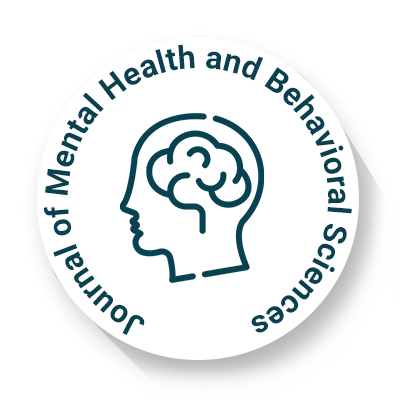
Journal of Mental Health and Behavioral Sciences
OPEN ACCESS

OPEN ACCESS
.jpg)
Department of Zoology, North Odisha University, Odisha, India
Generalized Anxiety Disorder (GAD) is a prevalent mental health condition characterized by persistent, excessive worry that significantly disrupts daily functioning. Effective management of GAD involves two primary therapeutic strategies: Cognitive Behavioral Therapy (CBT) and pharmacological intervention. CBT is a structured psychotherapeutic approach designed to modify dysfunctional thought patterns and behaviors contributing to anxiety, while pharmacotherapy primarily employs selective serotonin reuptake inhibitors (SSRIs) and benzodiazepines to alleviate symptoms. This analysis presents a comparative evaluation of both treatment modalities, focusing on their eficacy, long-term outcomes, adverse effects, and patient adherence. Evidence indicates that CBT provides sustainable therapeutic benefits by fostering skill acquisition, whereas pharmacotherapy orders rapid symptomatic relief, particularly beneficial in acute settings. The combined use of CBT and medication demonstrates synergistic effects, enhancing clinical outcomes and preventing relapse. This review aims to guide healthcare providers and patients in making informed treatment decisions based on individual symptom severity, therapeutic response, and patient preference. Further research is warranted to explore the long-term effectiveness of integrated treatment strategies across diverse patient populations to optimize care outcomes.
Department of Zoology, North Odisha University, Odisha, India